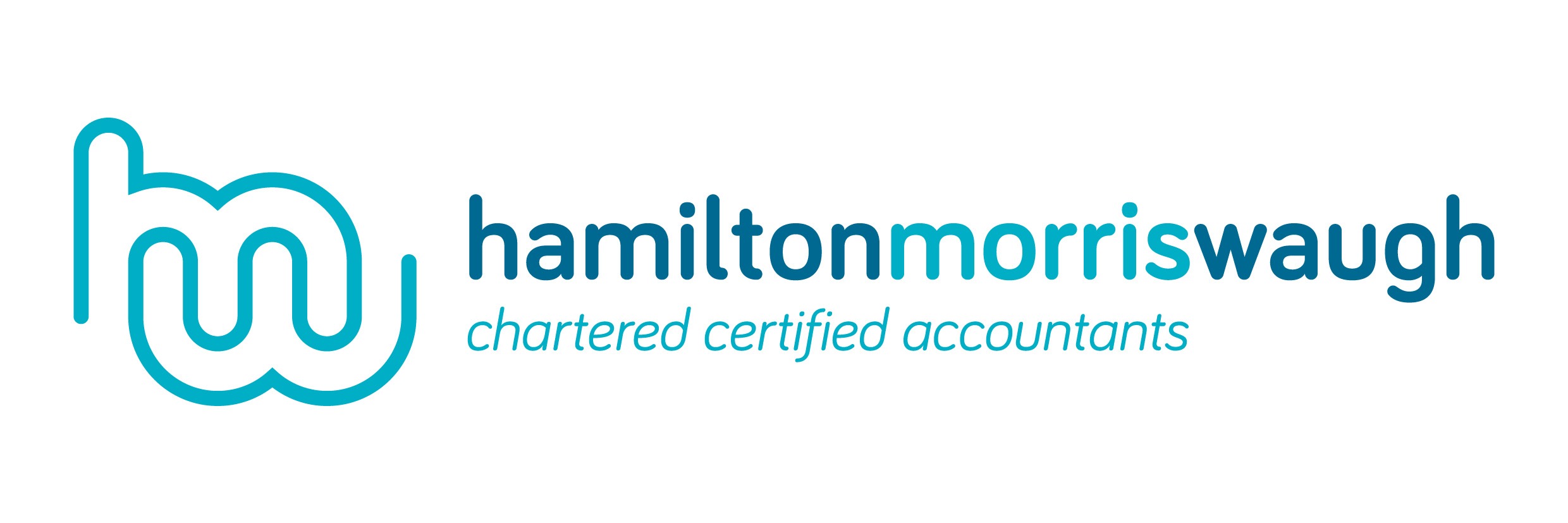Filing a tax return can be complicated and time-consuming, and even the most diligent taxpayers can find themselves needing to amend theirs.
To help you get your tax return right the first time, we’ll go over some common reasons why people need to amend their tax return, before offering some advice that will help you correctly file your tax return. Let’s get to it.
Potential consequences for making errors on your tax return
Making errors on your tax return can have serious financial consequences, meaning that it’s simply not worth getting them wrong.
There is a “behaviour based” system for penalties applied to inaccurate tax returns, with penalties ranging from 0% to 100% of the tax underpaid (or refund overclaimed).
Generally speaking, 0% applies where a taxpayer has taken reasonable care with their tax return but later discovers an error and discloses it, unprompted by HMRC, to the tax authority. Reasonable care means “doing everything you can to make sure the tax returns and other documents you send to HMRC are accurate”.
On the other end of the scale, 100% applies where a taxpayer deliberately makes a false return, conceals the fact, and is challenged by HMRC.
- Reasonable care: No penalty.
- Careless behaviour: Between 0% and 30%. If you are challenged by HMRC (rather than approaching them over the mistake), a 15% minimum applies.
- Deliberate misstatement: Between 20% and 70%. If challenged by HMRC, a minimum of 35% applies.
- Concealed and deliberate misstatement: Between 30% and 100%. If challenged by HMRC, a minimum of 70% applies.
Common mistakes to watch out for
There are too many potential mistakes that can be made with a tax return to mention here, but here are the main ones.
- Incorrectly reporting income: Omitting or underreporting income from employment, self-employment, freelance work or rental properties is an easy mistake to make. It’s worth double checking your calculations.
- Missing an income stream: If you have multiple sources of income, it can be easy to miss one out. Make sure you’ve accounted for every source of income.
- Not declaring foreign income: Failing to declare foreign income or assets can attract penalties. Ensure all global income is reported correctly.
- Errors in claiming reliefs or allowance: Claiming reliefs, such as for business expenses or charitable donations, that you’re not entitled to, or failing to claim allowable reliefs correctly, can lead to penalties if these claims are incorrect.
How to amend a tax return
If you’ve made a mistake on your tax return, don’t worry. You’re not the first person to make one, and there’s a system in place to help you.
You can correct a self assessment tax return within 12 months of the deadline, either online or by sending another paper return. You must wait three days after filing before you can update your return. Here’s how to update it online.
- Sign in to your account.
- From “Your tax account”, choose “elf assessment account”.
- Choose “More self assessment details”.
- Choose “At a glance” from the left-hand menu.
- Choose “Tax return options”.
- Choose the tax year for the return you want to amend.
- Go into the tax return, make the corrections and file it again.
To make changes to a company tax return, you can update it with commercial software, use HMRC’s free online service (if you sent your return that way), or send another paper return to the corporation tax office.
Filing an accurate tax return
A well-prepared return not only helps you stay compliant with tax regulations but also minimises the risk of errors that could trigger costly consequences. Here’s how you can create an accurate tax return.
- Keep detailed records: Maintain accurate and detailed records of all income and expenses throughout the year. This will make it easier to prepare your tax return and identify any discrepancies.
- Review all information carefully: Before submitting your tax return, review all figures and ensure that all income and deductions are correctly reported.
- Use reliable software or professional help: Consider using reputable tax software or consulting with a tax professional to ensure that your return is accurate and complete.
- Stay updated on tax rules: Tax rules and thresholds can change annually. Stay informed about any updates to ensure that your return reflects the most current information.
If you need help to amend your tax return, get in touch with us at Hamilton Morris Waugh. As tax professionals, we can do your return for you, using our expertise to ensure efficiency and accuracy.


